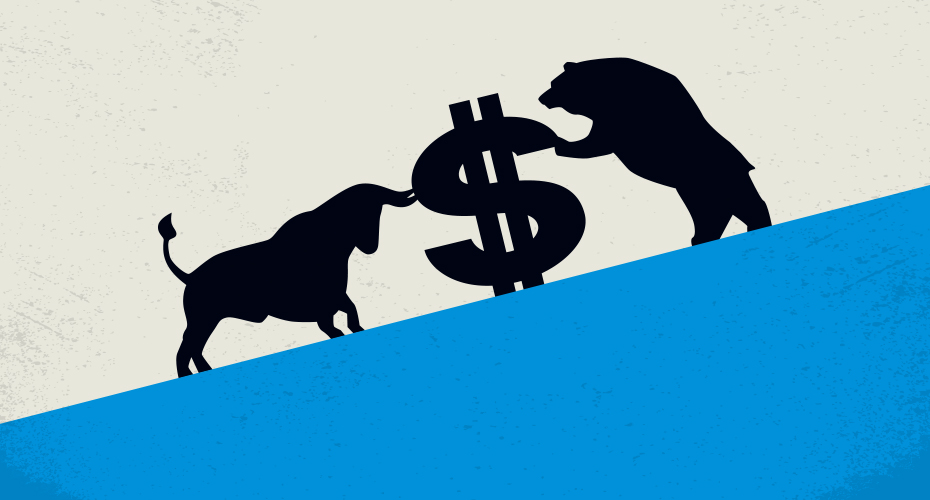Published January 29, 2019 • 4 Min Read
Now that your taxes are done, you may be able to sit back and dream about how you’ll use the refund coming your way. So what could you do with that cash?
A tax refund isn’t free money — it’s money you overpaid in taxes throughout the year. While it may feel like a windfall, it’s money you earned. You could spend your refund on a vacation to someplace warm and sandy; however, here are a few ways you could use your refund to help boost your net worth (and still have a little fun).
1. Pay Down Your Debt
Not all debt is bad, but the interest on some debts can cost you a pretty penny. Consider using your refund to help pay down any high-interest credit card debt or loans you may have.
For example, if you’re paying 19.99 per cent in interest on a credit card, the interest on that debt may cost you more than you might make saving your refund or investing it. To maximize your refund, consider paying down your highest-interest debts first.
Not sure how much you can save? Use a debt calculator to find out!
2. Boost Your Emergency Fund
If you have a tight monthly budget, consider what might happen if your house floods or your brakes need to be replaced. Emergency funds are for these kinds of unexpected expenses, and creating or adding to your emergency fund may keep you from struggling later on.
You can use your emergency fund to cover three-to-six months’ worth of expenses if you lose your job or get sick; you’ll be able to pay your bills until you get a back on your feet.
Not sure where to put those savings? While you could keep it in a savings account, you might also consider putting some of it in a TFSA so any growth in your investment is tax-free.
3. Invest in Your Future
Do you have life goals you’d like to save for? Maybe you want to retire at age 55, buy a cottage when you retire, or pay for your children’s education. Investing your tax refund may help get you closer to making those goals a reality. There are a lot of different ways to invest your refund:
- Contribute to your RRSP. If you have contribution room left, it can be a great use of your refund as you’ll get a tax credit. You might even have an employer who will match some — or all — of your contribution, which would give your RRSP a boost.
- If you’re dreaming of making a bigger purchase like a cottage, or looking for a way to supplement your retirement savings, consider a TFSA. Money grows in your TFSA tax-free, and isn’t taxed when you take it out. Every eligible Canadian has a maximum contribution room of $6,000 for 2019.
- If your goal is paying for your children’s education, you might want to invest your refund in an RESP. This is also a great use of your refund since the government matches 20 per cent of the first $2,500 you contribute, and you don’t get taxed on the money as it grows.
4. Have Some Fun
If you decide not to spend your refund on a fancy vacation, it doesn’t mean you can’t have some fun. Consider using a set amount, such as five per cent of your refund, for something fun and memorable. Go to a concert. Accessorize your car. Take your family for a night out. Enjoy your money — you worked hard for it.
Plan Now for Next Year’s Taxes
If you received a big refund this year, that isn’t necessarily a good thing. It means the government was holding onto money was yours to begin with. Contact the payroll department at your job, and consider reducing how much tax they deduct from your paycheque. That way you’ll have more money to spend and invest throughout the year.
Not sure how to invest your money to help you reach your goals? There may be advice available at no extra cost. For example, RBC offers MyAdvisor to clients. It allows you to view all your finances in one place at no additional cost, and can connect you to live advisors to help you figure out how to invest your refund.
This article is intended as general information only and is not to be relied upon as constituting legal, financial or other professional advice. A professional advisor should be consulted regarding your specific situation. Information presented is believed to be factual and up-to-date but we do not guarantee its accuracy and it should not be regarded as a complete analysis of the subjects discussed. All expressions of opinion reflect the judgment of the authors as of the date of publication and are subject to change. No endorsement of any third parties or their advice, opinions, information, products or services is expressly given or implied by Royal Bank of Canada or any of its affiliates.
Share This Article






